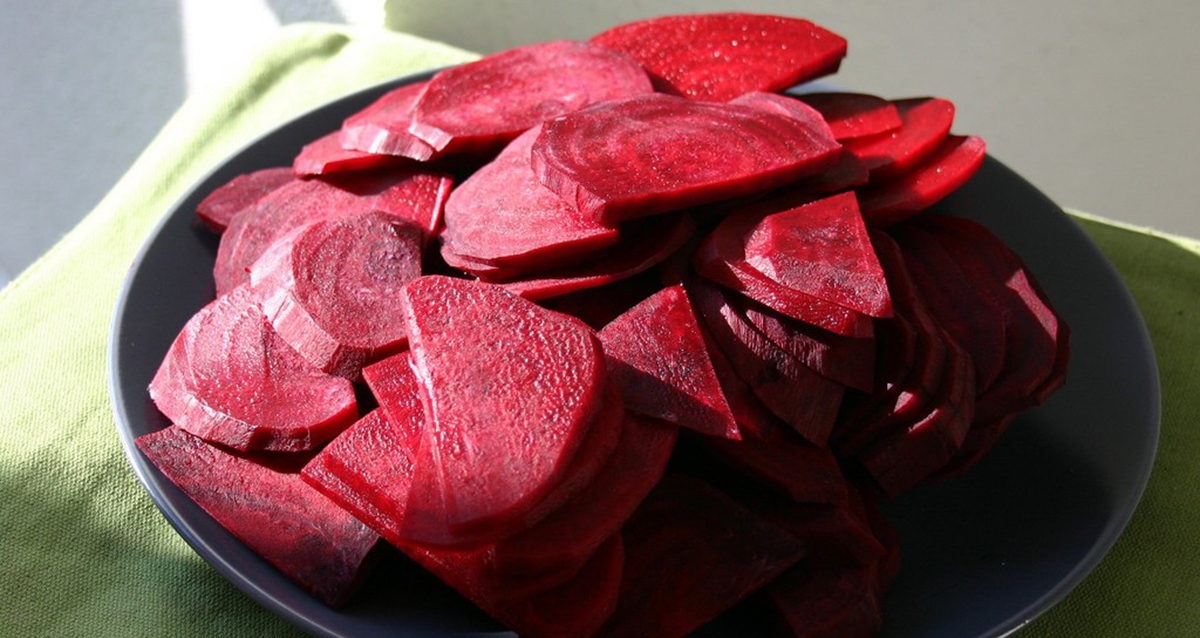Table of Contents
Beetroot
Beetroot is a great source of B vitamins, especially folate and are also rich in the electrolyte minerals magnesium and potassium. Beetroot are a good source of the minerals iron and copper, which help prevent anemia in the blood. Beets also contain a good dose of vitamin C. The main phytochemical in beets, called betacyanin, gives it its purplish color and is responsible for a lot of its health benefits. Chemicals in beets can help fight cancer, particularly colon cancer.

Another substance in beetroot called trimethyl glycine can help quell inflammation and lower levels of a toxic substance related to ageing called homocysteine in the blood.
Chia seeds
Chia seeds are a source of omega-3 essential fatty acids. Recent research has shown that omega-3 fatty acids help regulate blood sugar by increasing insulin sensitivity. Omega 3 fatty acids help prevent many other inflammatory diseases associated with ageing, such as heart disease and arthritis. Fatty acids found in fish have also been shown to keep the brain young and healthy and improve memory and cognition. Fish is also a great source of complete protein, and our bodies use the amino acids to make neurotransmitters like serotonin (the feel good chemical). If you’re not mad on fish you can get your omega-3s from green vegetables, walnuts and flaxseeds.
Tea
Green, black and red teas all contain antioxidant polyphenols that help reduce free radical damage and aging. Catechin is the phytochemical responsible for most of teas health effects. Black and green teas contain similar amounts of flavonoids, but green tea has almost 4 times more catechins than black tea. Red tea (also known in South Africans where it is native as Rooibos tea) has different flavonoids to black and green teas, which have applications in skin care as well as cancer prevention. Rooibos may also help lower blood pressure by inhibiting the constriction of blood vessels.
Red wine
Red wine is high in a substance called resveretrol, which has been found to exhibit astounding antioxidant capabilities. Red wine can help lower cholesterol and decreases blood platelet aggregation making it useful in the prevention of heart disease.
Beware though as alcohol is a double-edged sword and too much wine can have the opposite and undesired effects. Moderate consumption is considered no more than 2 units per day for women and no more than 3 units per day for men. A unit is equivalent to 150ml.
Garlic
Garlic is a member of the lily or Allium family (which also includes onions) and is rich in a variety of powerful sulfur-containing compounds including thiosulfinates and sulfides. These compounds are responsible for garlic's characteristically pungent odor and are also the source of many of its health-promoting effects, which include cholesterol lowering as well as anti-inflammatory, antibacterial and antiviral activity and cancer protection.
See Also: Food Is Medicine: Superfoods to Improve Your Mood
Brazil nuts
Brazil nuts are a superior source of the antioxidant mineral selenium. Even just one Brazil nut a day can boost your levels of this mineral sufficiently. Selenium has been shown to be effective in cancer prevention through its ability to activate an enzyme in the body called gluthathione peroxidase that protects against the formation of free radicals.
- Photo courtesy of Florian Lehmuth by Flickr : www.flickr.com/photos/floffimedia/5303385875
- Photo courtesy of Till Westermayer by Flickr : www.flickr.com/photos/tillwe/3210118041


Your thoughts on this